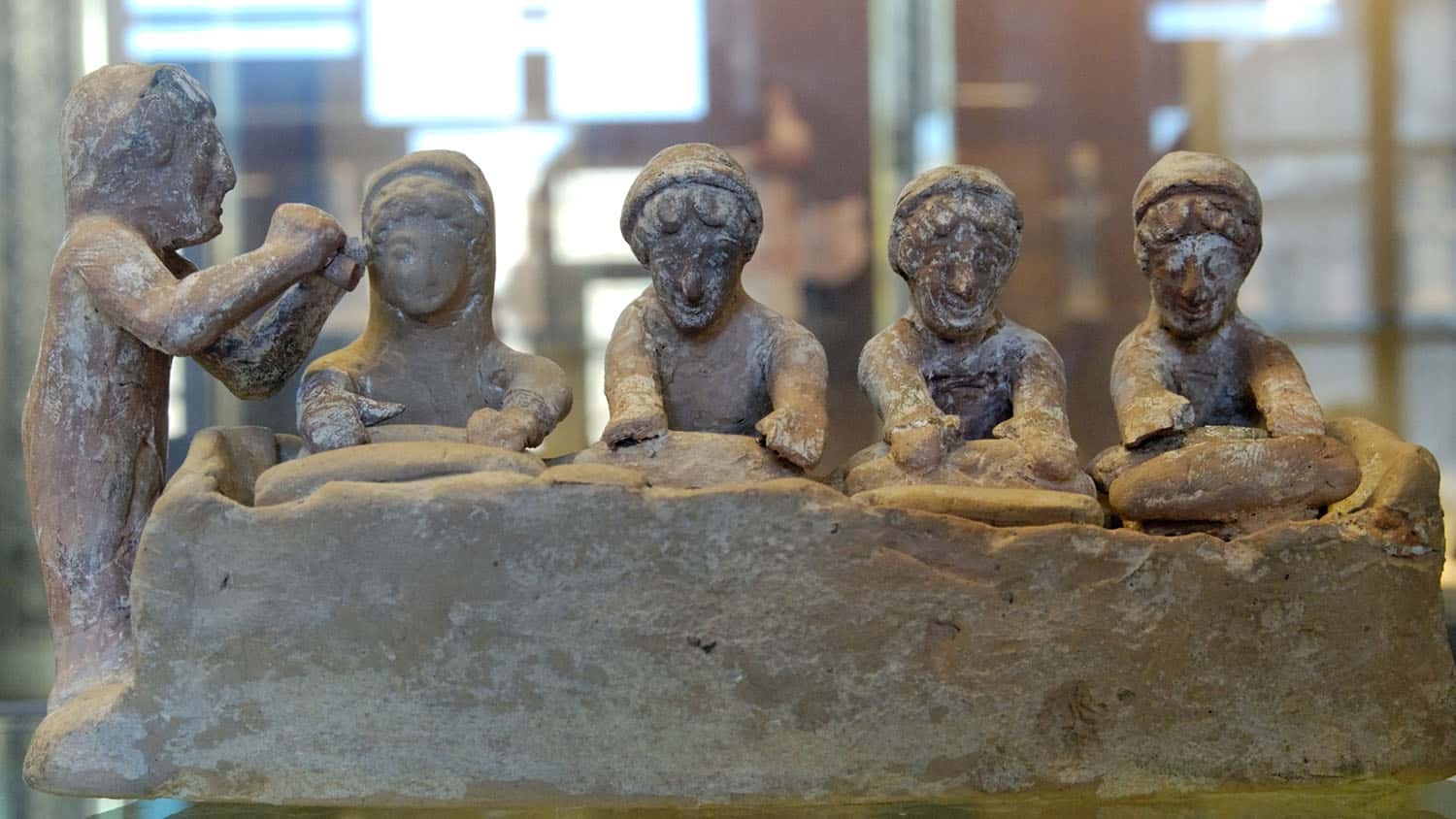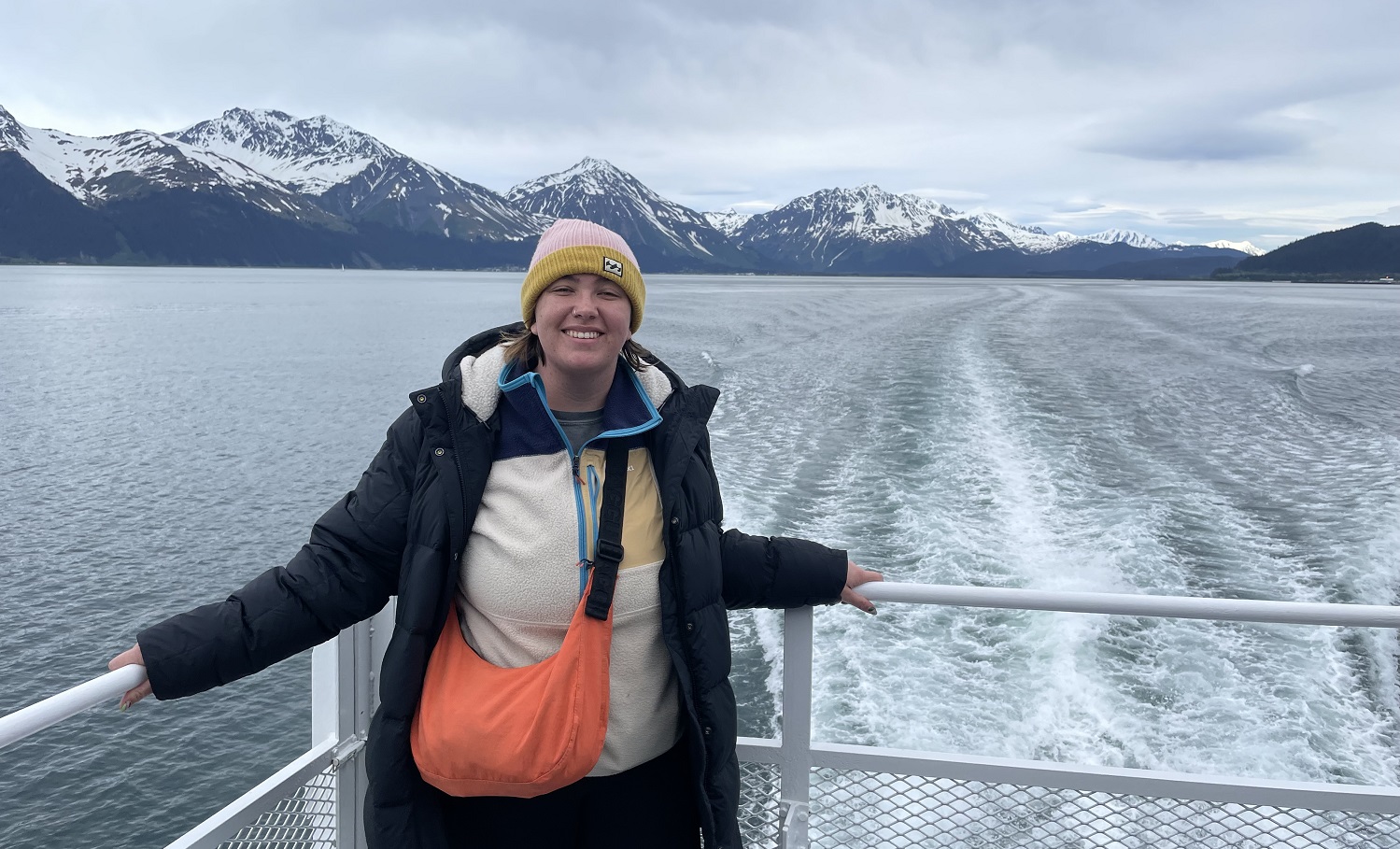Public History MA Student Organizes Public History Series on Civil War Campaign
In early 1865, the Union military launched a campaign to capture Wilmington, N.C., the last major port city in the Confederacy. Though white soldiers and sailors comprised the bulk of the fighting force, people of color played critical roles on and off the battlefields.
 Indigenous and African Americans forced to work for the Confederate Army built key forts and defenses along the Cape Fear River leading to Wilmington. Sailors from Asia, Latin America, and Africa served in the Union Navy. Formerly enslaved people who self-emancipated during the war served in the Navy and provided intelligence. U.S. Colored Troops repeatedly battled against Confederates in major battles throughout the Wilmington Campaign. These diverse stories expand our understanding of the Campaign and of the Civil War more broadly.
Indigenous and African Americans forced to work for the Confederate Army built key forts and defenses along the Cape Fear River leading to Wilmington. Sailors from Asia, Latin America, and Africa served in the Union Navy. Formerly enslaved people who self-emancipated during the war served in the Navy and provided intelligence. U.S. Colored Troops repeatedly battled against Confederates in major battles throughout the Wilmington Campaign. These diverse stories expand our understanding of the Campaign and of the Civil War more broadly.
Kaitlin O’Connor, a public history master’s candidate and historical interpreter at Fort Fisher State Historic Site, partnered with the New Hanover County Library and Cameron Art Museum for a new public history series designed to commemorate a more inclusive, full history. It is entitled “Dwell with Gratitude and Pride: New Perspectives on the Wilmington Campaign.”
Weekly events in the series include lectures, temporary wayside panels, guided tours of battlefields, and a panel discussion. These individual programs explore how Asian, Hispanic, Indigenous, and African Americans contributed to the Union’s victory in Wilmington. Programs run from January 7 – February 23, 2023 at Fort Fisher State Historic Site, Cameron Art Museum, Joseph Ryder Lewis Jr. Civil War Park, and the New Hanover County Library.
Tim Pinnick, a genealogist and co-founder of the New Hanover County Community [1898] Remembrance Project, attended a lecture offered by O’Connor and another colleague. He stressed just how important this public history series is to the local community. “Our efforts to bring stories and information to the African American community of Wilmington is very important, and its value cannot be measured in the small crows we have now, but in the future harvest that is sure to come,” he commented. “Our commitment will eventually reach into the neighborhoods and the people will respond to the call and add to, and take ownership of, their history.” Pinnick and O’Connor partner frequently on other community history projects commemorating local African American history.
In an interview with Wilmington’s WWAY3, O’Connor said the Wilmington Campaign “very well could have been a different outcome – the U.S. Colored Troops, these sailors of color play a vital role in Civil War history, and its past time that we acknowledge that. And this new series really allows us that interpretive space that hopefully brings them dignity and honors their memory.”
- Categories:


